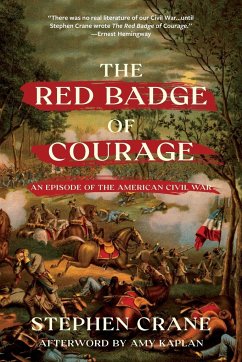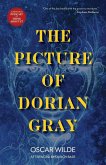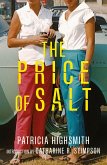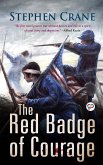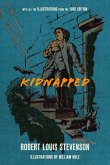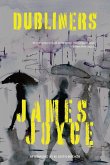An instant international bestseller when first published in 1895, Stephen Crane's fictional narrative recounts one soldier's experiences during the American Civil War (1860-1865). The Red Badge of Courage is a psychological portrait of fear. By turns gripping, lyrical, and deeply sensitive, the book chronicles the repercussions of war on the individual and collective psyche. Rather than describing battles and military campaigns, or settling the true cause of this devastating conflict, Crane brings to life the unimaginable for today's readers. Written before Crane had become a celebrity war correspondent and seen battle firsthand, the book set the standard for realistic war literature for a century to come. This literary tour de force exposes the tragic irony of war as experienced by common soldiers rather than generals and bystanders. Includes an afterword by Amy Kaplan and a detail biographical timeline.
Bitte wählen Sie Ihr Anliegen aus.
Rechnungen
Retourenschein anfordern
Bestellstatus
Storno

